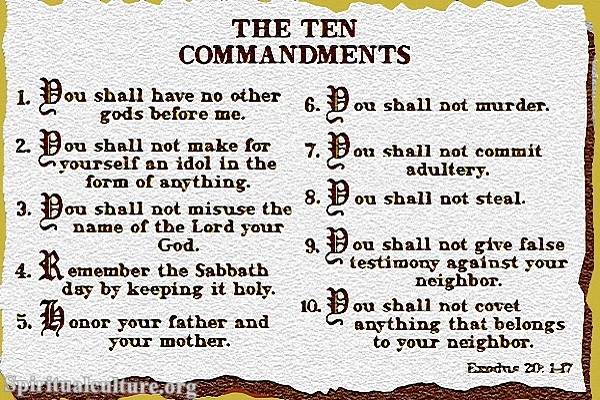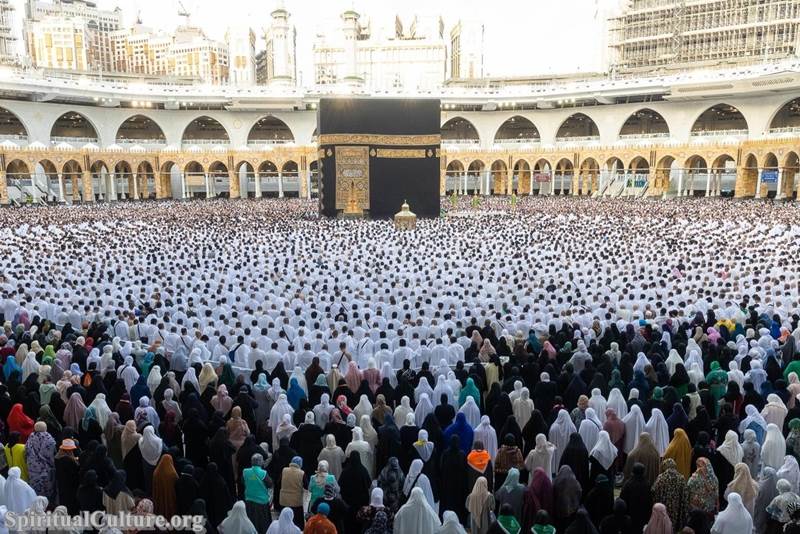In a world often divided by differing views of right and wrong, the question of ethics—what it means to live well, to do good, to be just—takes on a deep and urgent relevance. For over 1.8 billion Muslims around the globe, the wellspring of moral understanding flows from the teachings of Islam, a faith not only of belief but of behavior, not only of rituals but of righteous living.
Islamic ethics is not merely a list of do’s and don’ts; it is a way of being. It seeks to cultivate the inner soul and outer action in harmony with the will of God (Allah). It is grounded in sacred sources—the Qur’an and the Sunnah (the teachings and practices of the Prophet Muhammad ﷺ)—and it speaks to the universal human longing for integrity, justice, compassion, and peace.
In this article, Spiritual Culture explores the foundational principles of Islamic moral conduct. We will examine its roots, key virtues, spiritual aims, and real-world implications. Whether you are a seeker of wisdom, a curious reader, or a practicing Muslim striving to deepen your understanding, may this be a guide toward clarity and spiritual resonance.
The Source of All Good: Ethics Rooted in Divine Revelation
The Qur’an as the Moral Compass
At the heart of Islamic ethics lies the Qur’an, the final revelation to humanity. It does not simply offer moral advice—it unveils a comprehensive vision of life lived in surrender to divine will. God is described as Al-Adl (The Just), Al-Rahman (The Most Merciful), and Al-Haqq (The Truth), and these attributes set the tone for moral living.
“Indeed, Allah commands justice, excellence, and giving to relatives, and forbids immorality, bad conduct, and oppression. He admonishes you that perhaps you will be reminded.”
— Qur’an 16:90
This verse is often cited in Friday sermons, encapsulating the essence of Islamic ethical instruction: justice, beauty in action (ihsan), care for others, and avoidance of vice.
The Sunnah: Ethics Embodied
While the Qur’an lays the foundation, the Prophet Muhammad ﷺ lived out its principles. He is referred to in the Qur’an as “an excellent model” (Qur’an 33:21). His life is the human embodiment of moral excellence—truthful, trustworthy, forgiving, courageous, humble.
“I was sent only to perfect good character.”
— Prophet Muhammad ﷺ (Hadith, Al-Muwatta)
Every choice he made, from how he treated strangers to how he led in times of war, was infused with moral clarity and divine guidance. His ethics were not abstract but radically practical.
Core Principles of Islamic Moral Thought
Tawhid: The Moral Unity of Life
Ethics in Islam is deeply theocentric. The principle of Tawhid—the oneness of God—infuses all moral considerations. There is no division between sacred and secular; all actions are seen in relation to God.
To lie, cheat, oppress, or act arrogantly is not just a social wrong—it is a betrayal of one’s covenant with the Creator.
This unity also brings a deep sense of personal responsibility. Muslims believe that every word and deed is recorded and will be accounted for.
“So whoever does an atom’s weight of good will see it, and whoever does an atom’s weight of evil will see it.”
— Qur’an 99:7–8
Fitrah: The Innate Moral Nature
Islam teaches that every human is born with fitrah—a pure, instinctive awareness of right and wrong. This moral compass may be clouded by ego or environment, but it is never destroyed.
Ethical conduct, then, is not foreign to the soul; it is a return to its original state.
In this way, Islam resonates with the heart—it doesn’t impose alien values but reminds the soul of what it already knows to be true.
The Pillars of Virtue: Key Islamic Ethical Values
Justice (Adl) and Fairness
Justice is not only legal but spiritual. To uphold justice is to uphold the will of God. Muslims are commanded to be just even against themselves or their own kin.
“O you who believe! Stand firmly for justice, as witnesses to Allah, even though it be against yourselves, your parents, or your kin.”
— Qur’an 4:135
Compassion (Rahmah) and Forgiveness
Reflecting God’s mercy, Muslims are encouraged to forgive, to soften the heart, to be gentle in judgment.
“He who is not merciful to others will not be treated mercifully.”
— Prophet Muhammad ﷺ (Sahih al-Bukhari)
Honesty (Sidq) and Trustworthiness (Amanah)
The Prophet ﷺ was called Al-Amin, the Trustworthy, even by his enemies. Truthfulness is a core virtue, and betrayal of trust is a major sin.
Humility (Tawadu) and Gratitude (Shukr)
Arrogance is condemned in Islamic texts, while gratitude to God and others is a sign of faith. A humble heart is open to wisdom.
“Do not walk upon the earth arrogantly. Indeed, you will never tear the earth apart, and you will never reach the mountains in height.”
— Qur’an 17:37
Real-World Ethics: Applying Morality in Daily Life
In Business and Trade
Islamic ethics in commerce emphasize honesty, fair pricing, and transparency. Usury (riba) is forbidden, and cheating in weights and measures is condemned.
“The truthful and trustworthy merchant will be with the Prophets, the truthful, and the martyrs.”
— Hadith (Tirmidhi)
In Family and Social Relations
Respect for parents, kindness to neighbors, and care for the elderly are all moral imperatives. Marriage is viewed not only as a contract but a spiritual companionship rooted in mutual mercy.
“And We created you in pairs… and placed between you affection and mercy.”
— Qur’an 30:21
In Governance and Public Life
Leadership is seen as a trust, not a privilege. Justice, consultation (shura), and protection of the weak are key principles. Corruption is one of the gravest social sins.
“Every one of you is a shepherd, and every one of you is responsible for his flock.”
— Prophet Muhammad ﷺ (Sahih al-Bukhari)
A Spiritual Goal: Ethics as a Path to God
Islamic ethics is not just about what we do—it’s about who we become. Every moral choice is an opportunity to draw nearer to God. The aim is not only to build a better society but to purify the soul.
This spiritual path is known as Tazkiyah—the refinement of the self. It is a constant process of struggling against selfishness (nafs), cultivating sincerity (ikhlas), and increasing love for God and His creation.
“By the soul and the One who proportioned it, and inspired it with its wickedness and its righteousness—he has succeeded who purifies it, and he has failed who corrupts it.”
— Qur’an 91:7–10
Challenges and Opportunities in Modern Times
Islamic ethics faces new terrain—bioethics, digital conduct, environmental stewardship, global injustice. Yet its principles remain timeless. Compassion, justice, integrity, and accountability still guide the way.
Muslims today are called not only to practice ethical living but to witness it—to be lights in a fractured world, embodying the teachings of Islam not with slogans, but with service.
“You are the best nation raised up for mankind. You enjoin what is right, forbid what is wrong, and believe in Allah.”
— Qur’an 3:110
Reflect and Reimagine
Islamic ethics invites us to a deeper kind of living—where every act becomes an offering, every decision a doorway to truth. It teaches that the true measure of a person is not in wealth, power, or words—but in taqwa, the inner awareness of God that shapes every action.
As Spiritual Culture, we urge you to reflect:
How do your daily choices reflect your highest values?
Where do justice and mercy live in your life?
What would it mean to see your every act—big or small—as a step toward the Divine?
This is the invitation of Islamic ethics. Not rules for rule’s sake, but a path to wholeness. A mirror for the soul. A compass for the heart.
May we walk that path with grace, courage, and love.



